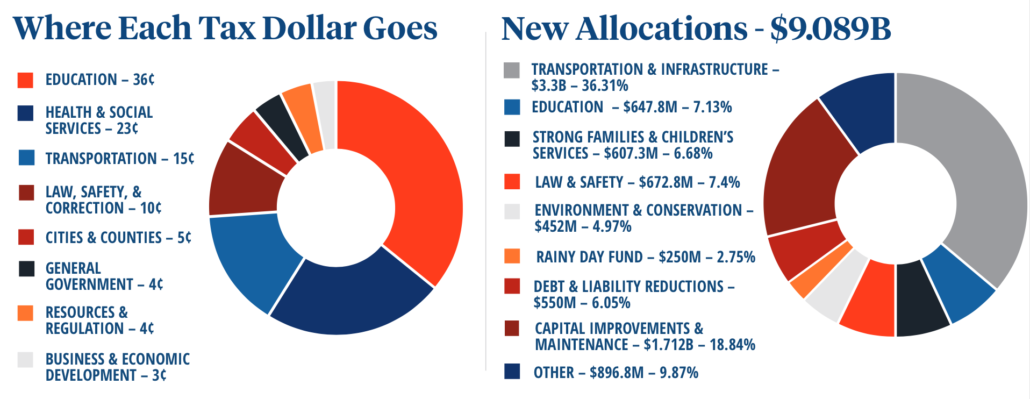NASHVILLE – More than 175 electric cooperative leaders from across the state gathered in Nashville on Tuesday and Wednesday, Feb. 20 and 21, for the Tennessee Electric Cooperative Association’s 2024 Legislative Conference. Electric co-op members and employees in attendance had important conversations about energy and policy that will impact electric co-ops and the rural and suburban communities they serve.
Attendees at the event heard from political strategists and policy advisors as well as Tennessee leaders, including advisors to Gov. Bill Lee and Secretary of State Tre Hargett.
“Reliability took center stage during discussions with legislators this year,” said Ryan King, vice president of government affairs for the Tennessee Electric Cooperative Association. “From cybersecurity to EPA regulations, co-op leaders advocated for specific legislation that will harden the grid and protect energy supply.”
Meetings were also about building relationships. “When a bill crosses a legislator’s desk that can impact energy or rural and suburban Tennessee, we want them to know who to call,” said King. “Building strong relationships with lawmakers can have a significant impact on bills that are passed and, ultimately, an electric co-op’s ability to provide safe, reliable and affordable energy to its communities.”
“We have great legislators serving Tennessee’s rural and suburban communities, but energy is an incredibly complex industry,” said Dan Rodamaker, CEO of Gibson Electric Membership Corporation and chairman of the TECA board of trustees. “It is critical that electric co-ops are at the table, helping lawmakers understand the real-world impacts of policy and law.”
More than 100 legislative visits were made during the conference, and many elected officials from across the state attended a reception honoring members of the Tennessee General Assembly.
The Tennessee Electric Cooperative Association provides leadership, advocacy and support for Tennessee’s 23 electric cooperatives and 3 million consumers. The association also publishes The Tennessee Magazine, the state’s most widely circulated periodical. Visit tnelectric.org or tnmagazine.org to learn more.
Photos from the event are available here.


 NASHVILLE –Tennessee Valley Authority recently announced that Mike Knotts, CEO of the Tennessee Electric Cooperative Association, will serve on its Integrated Resource Plan working group.
NASHVILLE –Tennessee Valley Authority recently announced that Mike Knotts, CEO of the Tennessee Electric Cooperative Association, will serve on its Integrated Resource Plan working group.
 The Tennessee Electric Cooperative Association has announced that Ryan King will lead the association’s government relations and public policy efforts as vice president of government affairs.
The Tennessee Electric Cooperative Association has announced that Ryan King will lead the association’s government relations and public policy efforts as vice president of government affairs.
